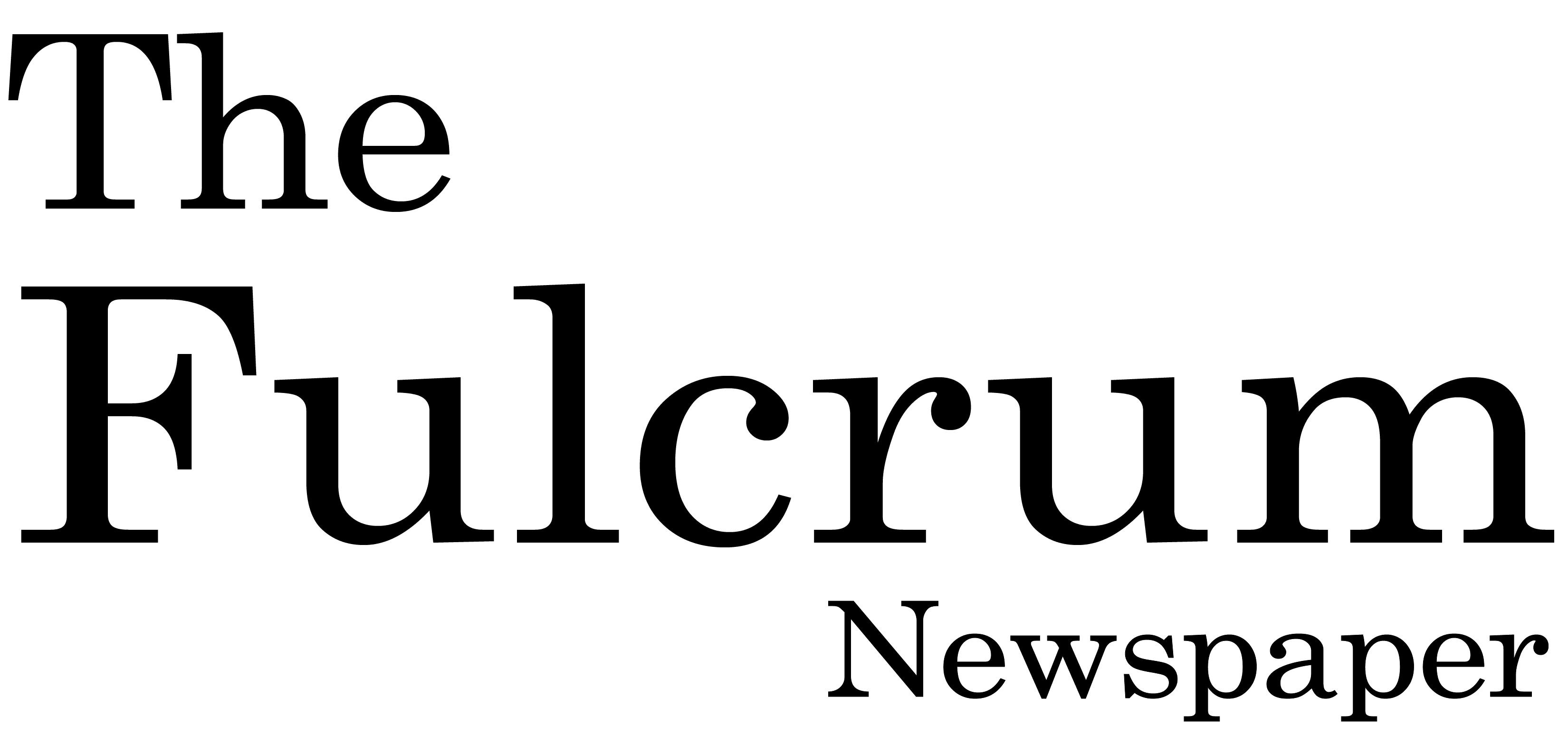 SUNY Broome faculty, students and community partners are gearing up for the sixth annual Health for Haiti global service learning course this Winter Term. In preparation, they are holding a blizzard of fundraisers – from pancake breakfasts to a bowling tournament, and drives to collect the over-the-counter medical supplies they need to help their partner communities in Haiti.
SUNY Broome faculty, students and community partners are gearing up for the sixth annual Health for Haiti global service learning course this Winter Term. In preparation, they are holding a blizzard of fundraisers – from pancake breakfasts to a bowling tournament, and drives to collect the over-the-counter medical supplies they need to help their partner communities in Haiti.
The college’s first global service learning course is still going strong. Their work includes provides clean water, solar power, a handwashing station and bathroom facilities in rural Grande Saline, to providing computer literacy training, science education, and music and art education. They created and currently support a successful sewing school and community gardens, provide reproductive health workshops for women and girls, assist with medical and dental clinics and food distribution, socialize with orphans and more.
The 10 days students spend in Haiti are a whirlwind of humanitarian activity, supported by year-round efforts by Professors Jennifer Musa and Maureen Hankin, the program leaders. 
Dr. Musa has seen a remarkable shift in the projects: Grande Saline, the rural community where the program concentrates much of its efforts, has begun to take a more active role.
“It’s really remarkable to see the changes that are happening,” she said.
Grande Saline has recently held its first computer literacy class for adults as well as children, thanks to the willingness of the community to cover the costs of expanding the program. When the water treatment system’s generator failed, Health for Haiti found and funded a replacement four hours away, but the residents of Grande Saline had to arrange for a way to transport it, which they did – no small feat in rural Haiti.
Community residents also formed a water and power committee, and decided that it was time to support the future of the water filtration system that Pall Corporation installed during the 2015 Health for Haiti trip. Every family will pay a monthly membership fee, with “water scholarships” going to those who truly can’t afford it. It’s the only clean water in the area, and system users come from miles around.
“The committee decided that it’s time for all community members to make a financial contribution,” said Dr. Musa, who witnessed the community-led meeting during a visit in October. “They’re really proud of the water system.”
Looking ahead, Health for Haiti is in the first phase of a new “water to solar” project, which will power the water filtration plant through sustainable solar energy. With funding from the Binghamton and Endwell Rotary chapters, a local contractor will build a wall around the Grande Saline water filtration plant, allowing for a new form of water distribution.
Future phases will involve the construction of a pavilion, and eventually the installation of solar panels on the pavilion roof. The pavilion will have both water and power, and the community will be able to earn revenue by renting it out for weddings and other events.
Pall Corporation is also interested in donating a second water filtration system, and Health for Haiti is considering a spot 5 kilometers away from the current site.
“It would double the amount of people we serve,” she said.
Over the summer, the community gardens in Grande Saline – which Health for Haiti established to provide schoolchildren with a nutritious lunch — were struck by a regional drought and failed. The local residents had a suggestion, which Health for Haiti has since adopted: Use the gardens to plant multiple cash crops of peppers, which can weather drought, and then use the proceeds to buy rice and beans to purchase food for the school.
Health for Haiti is deeply dependent on partnerships to succeed – not only from the students, faculty and staff on campus, but corporate partners such as Pall, ETM Solar Works and Geodis Wilson, and local organizations such as Bridging the Digital Divide, Missionaries of the Heart of Jesus, the Endwell and Binghamton Rotary Clubs and the Church of the Holy Family.
For Professor Musa, it’s also deeply inspiring to see the community of Grande Saline stepping up – not as aid recipients, but as willing and dedicated partners.
“We seem to be making a positive difference in terms of providing hope and empowerment in this community, so that they are an active part of these positive changes,” she said.




